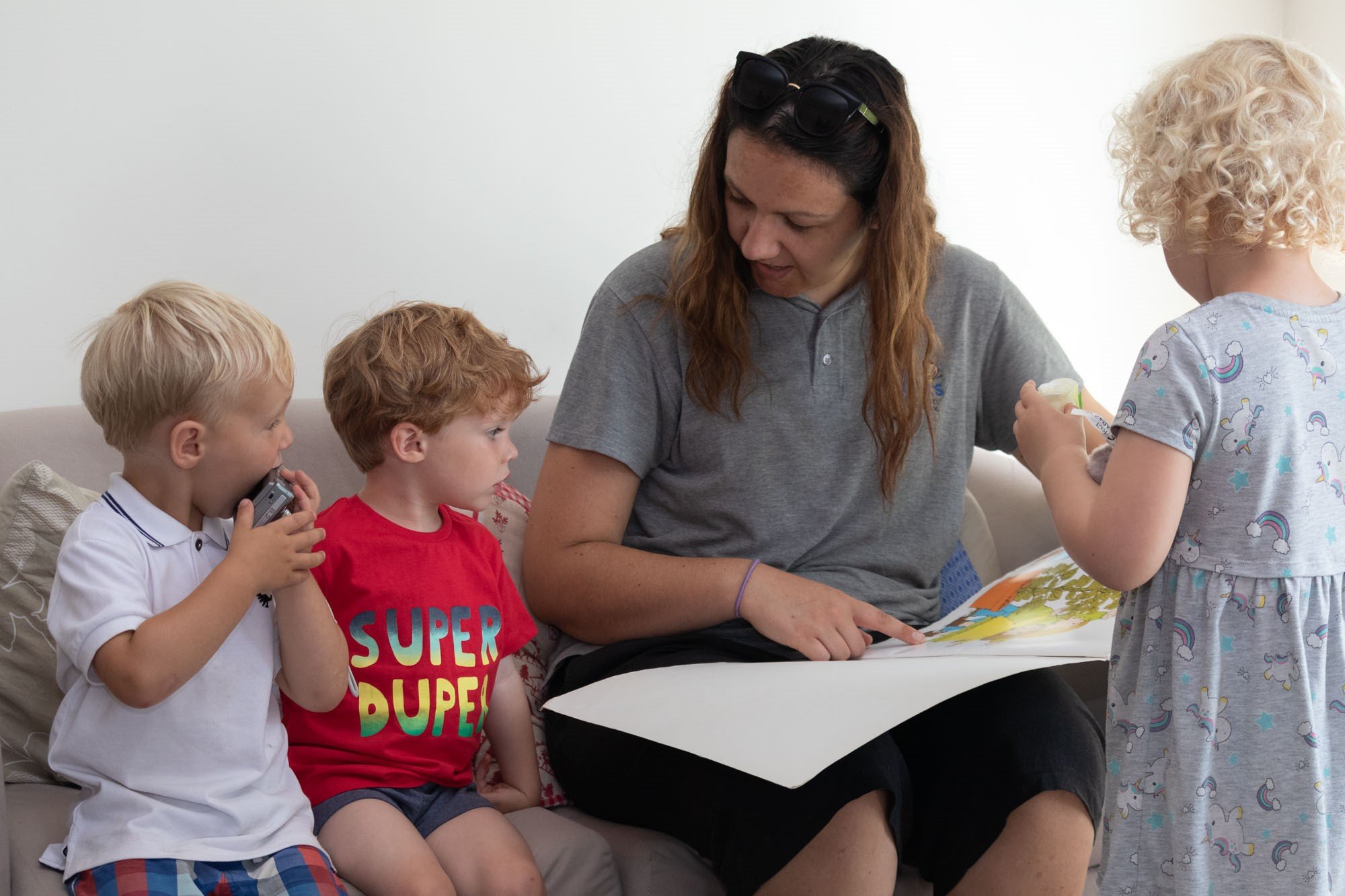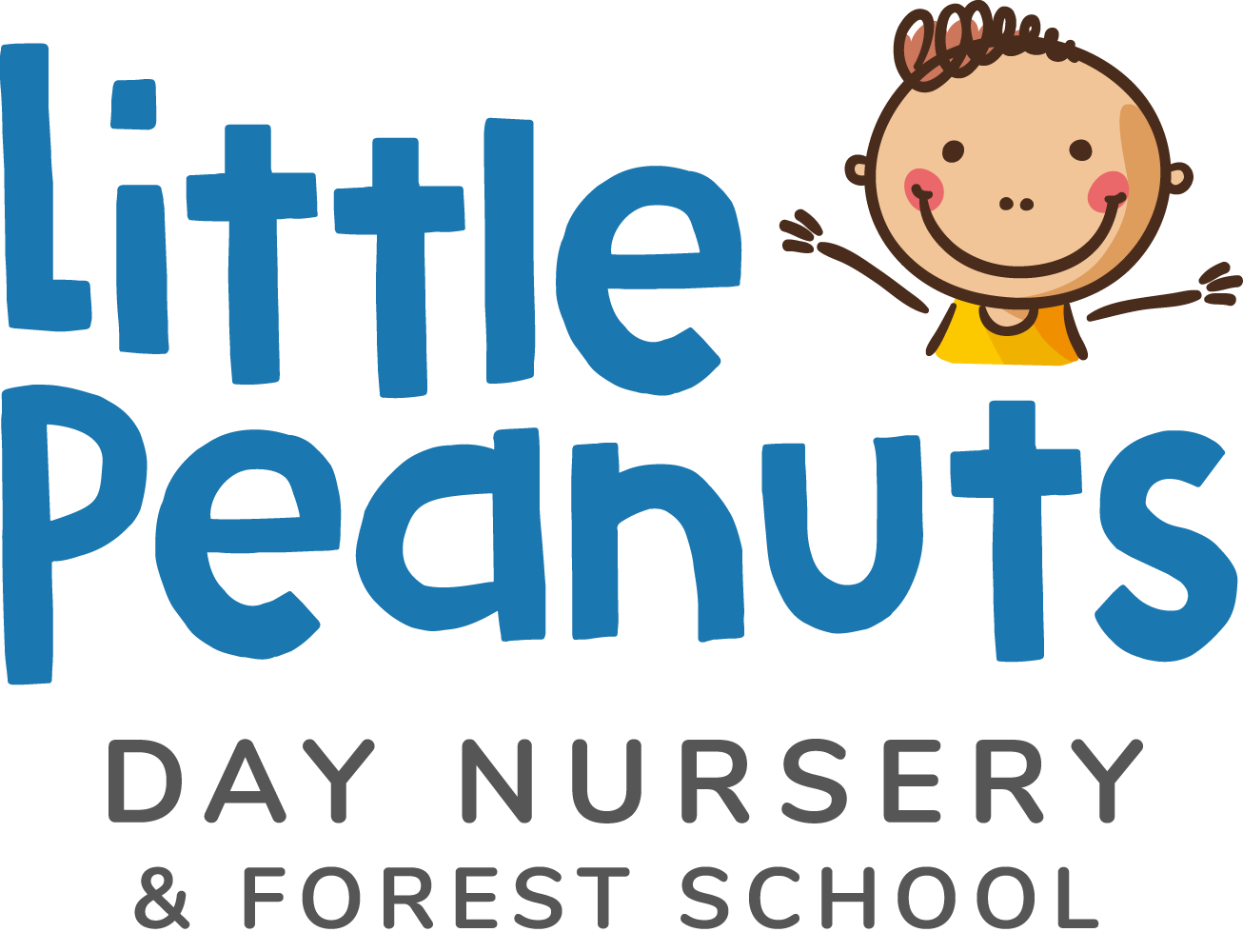
Learning and Development
Supporting your child’s learning and development
Giving children the best start in life is what Little Peanuts is all about and we work hard to support all our children to achieve this.
Early Communication and language skills influence outcomes for the whole of a child’s life, which is why we place this at the heart of our provision at Little Peanuts. Ensuring that children have strong speech and language skills by the time they leave Little Peanuts means that they have a firm foundation to build on for reading and writing at school.
Little Peanuts is a City of York Speech, Language and Communication Hub.
What we do to support children’s learning and development
All children’s language and communication development is screened using the WellComm toolkit. This toolkit enables us to identify areas that children are finding challenging and tailor specific support and play activities to address this.
WellComm Early Years: Supporting language at home - GL Assessment (gl-assessment.co.uk)
Regular reviews of children’s individual learning and development with review meetings with families to identify any emerging concerns as well as celebrating a child’s strengths, current interests and learning styles. During these meetings all adults work together to carefully consider how best to support each child’s unique learning and development journey as we play with them both here and at home.
Regular reviews of our provision, ensuring our curriculum meets the needs of the children that we care for and seeking views from our families as we make future plans.
What families can do to support children’s learning and development
It is so important to us at Little Peanuts that we work in partnership with families to support each child to achieve the best outcomes in a way that suits their unique characteristics. Throughout your child’s time at Little Peanuts, our staff will talk to you about your child’s development and ways that you can support your child at home.
None of us are experts in every area of child development, but as a collective our team have a huge amount of knowledge and experiences. If ever you have a question about anything to do with your child, please do ask us!
Further sources of information
NSPCC Look Say Sing Play
‘Right from birth, every time you talk, sing or play with your baby, you’re not just bonding, you’re building their brain.’ You can sign up for weekly brain building tips, or information on their website or YouTube channel.
Search ‘NSPCC brain building’ or https://www.nspcc.org.uk/preventing-abuse/keeping-children-safe/look-say-sing-play
Easy Peasy
‘Parenting tips and activities, personalised for you and your 0-5 year old, from our community of parents and experts.’ This app looks like Instagram with a feed focussed on the age of a child and current interests.
NHS Better Health, Start for Life
‘Information from pregnancy through to toddlers and beyond.’ This can also be signed up to for weekly emails suited to the specific stage a parent is at. There is also information about weaning, healthy eating and choking prevention.
Hungry Little Minds
‘Short videos and simple, fun activities that you and your children can do together’
https://hungrylittleminds.campaign.gov.uk/
Their resources page has links to lots of other sources of information about home learning for families and practitioners - https://hungrylittleminds.campaign.gov.uk/#resources
BBC’s Tiny Happy People
‘Ideas to help you develop your child’s communication skills’

